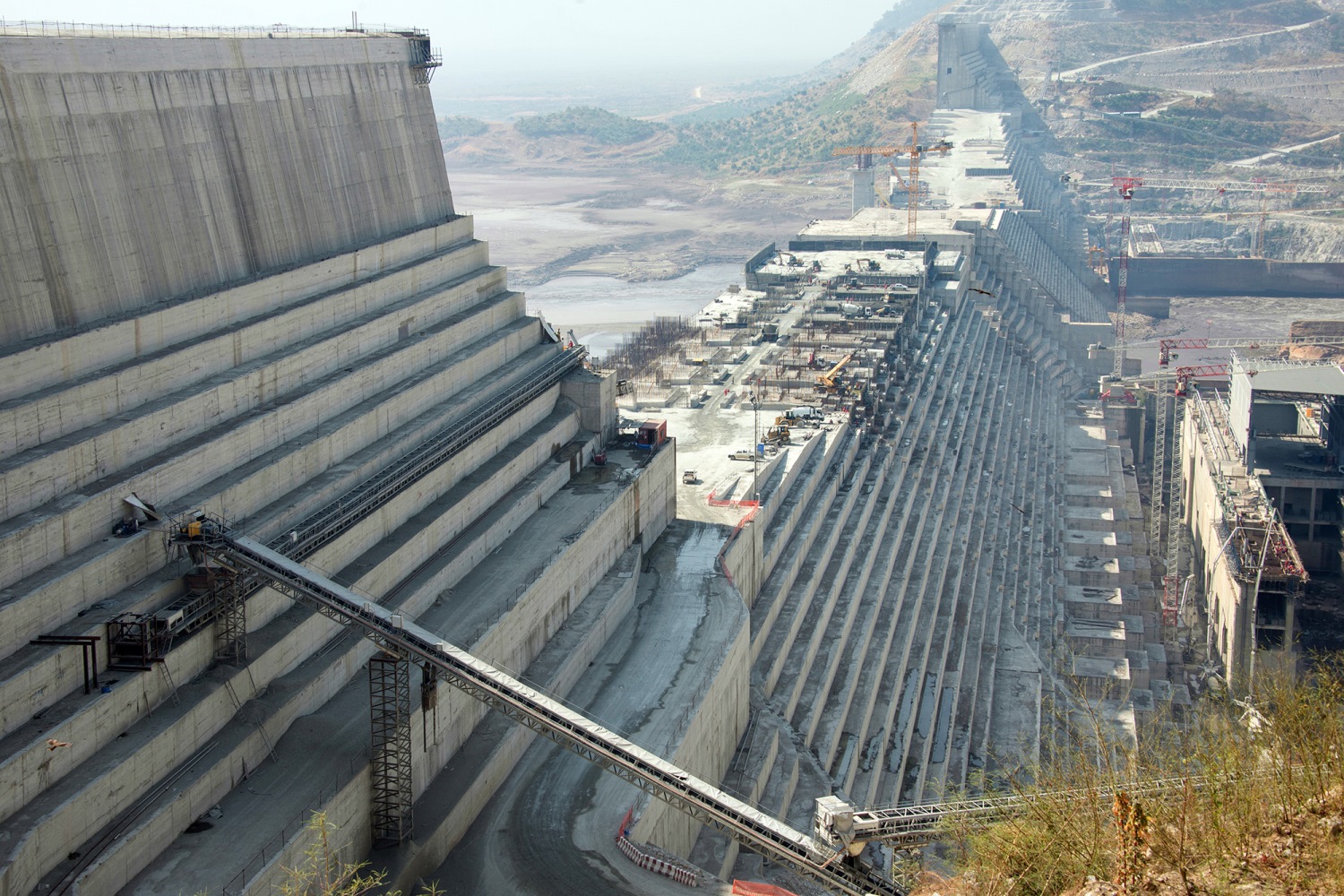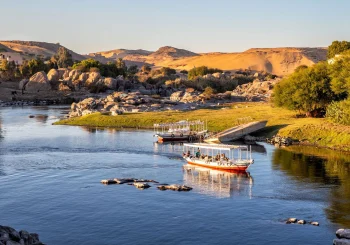Negotiations on the crucial issue of the Grand Ethiopian Renaissance Dam (GERD) resumed on Monday, 18 December, as Egypt entered the fourth round of talks, aiming to solidify an agreement on the dam’s filling and operation for the next four months, according to a statement by Egypt’s Ministry of Water Resources and Irrigation.
The negotiations took place in Addis Ababa with the participation of ministerial delegations from Egypt, Sudan and Ethiopia. The meeting is a follow-up on recent talks held in Cairo and Addis Ababa over the past two months.
This round of negotiations comes after a series of failed meetings, highlighting Ethiopia’s firm stance, particularly in the first and second rounds of talks. Nevertheless, Egypt persists in pushing for dialogue, seeking a binding agreement that secures the interests of all parties.
The crux of the negotiations and disagreements lies in the unilateral filling and operation of the dam by Ethiopia, as Ethiopia insists on flexibility of water sharing based on rainfall and dam levels, but Egypt wants a binding agreement on water sharing.
Although Egypt and Sudan maintain that their historical water share should be honored, Ethiopia believes that these historical agreements were unfair and signed by colonial powers, which obstructed their plans for development and agriculture.
Both sides also disagree on how to resolve future conflicts arising from the dam’s operation.
Despite vehement opposition from Egypt and Sudan, Ethiopia successfully completed the fourth and final filling of the Grand Ethiopian Renaissance Dam (GERD) reservoir on 10 September.
In July of this year, Egypt’s President Abdel-Fattah El-Sisi and Ethiopia’s Prime Minister Abiy Ahmed agreed to start negotiations to finalize an agreement between Egypt, Ethiopia, and Sudan concerning the dam’s filling process and operational protocols soon.
During the meeting in Cairo, Ethiopia’s Prime Minister affirmed his country’s commitment to preserve Egypt and Sudan’s share of water during the fourth filling of GERD.
Ethiopia embarked on the mega-dam project in 2011, aiming for power generation and development. However, Egypt remains apprehensive that unregulated water release could endanger its water security and agriculture, particularly since the Nile is Egypt’s lifeline







Comments (0)